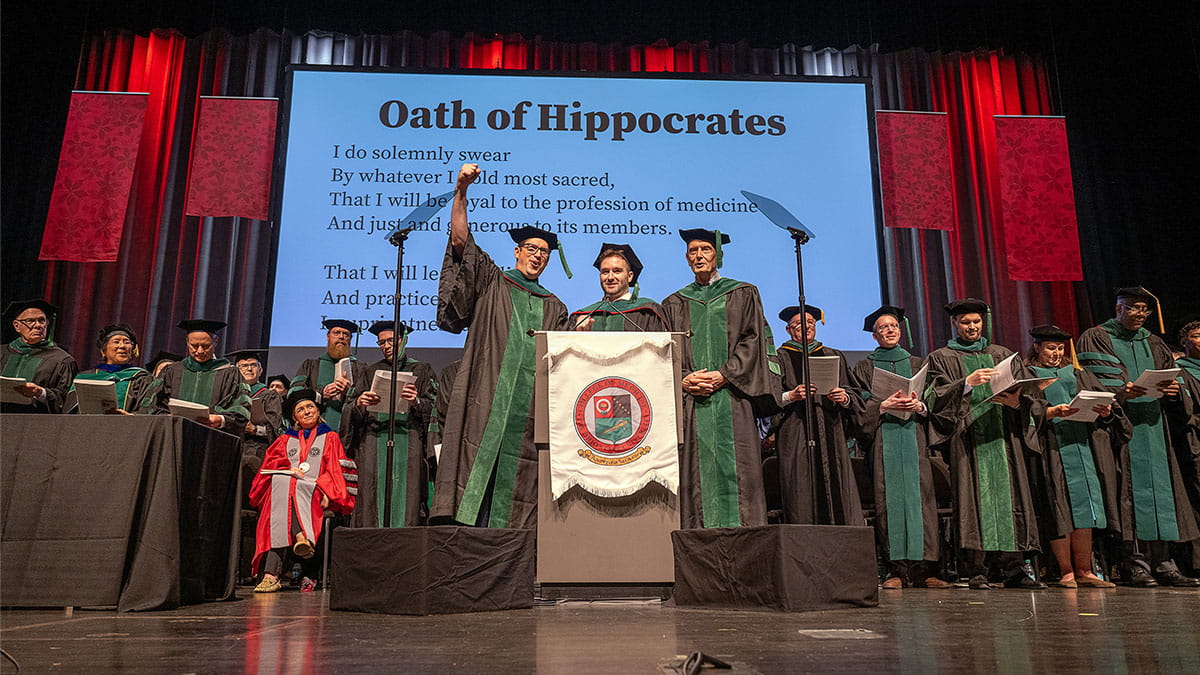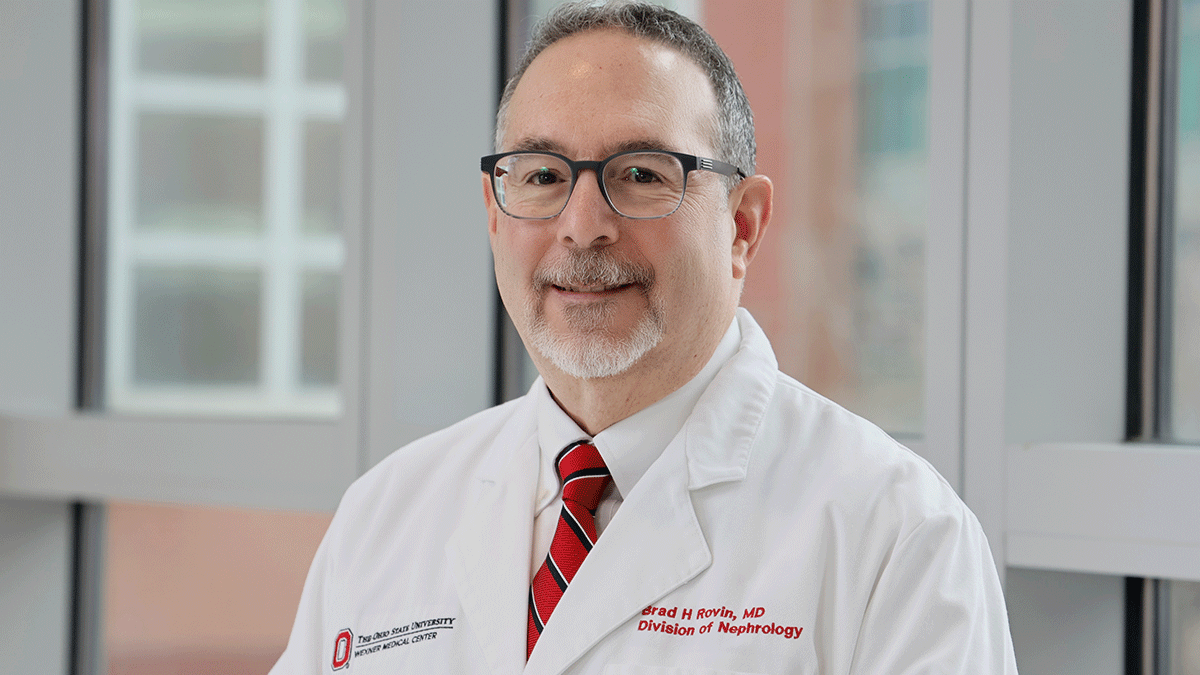$2.3 million grant will aid study of new therapeutic strategy to prevent colon cancer from spreading to the liver

Sujit Basu, MD, PhD, is a professor in the Division of Medical Oncology in the Department of Internal Medicine at The Ohio State University College of Medicine and in the Department of Pathology at The Ohio State University. He is also a member of the Translational Therapeutics Program at The Ohio State University Comprehensive Cancer Center – Arthur G. James Cancer Hospital and Richard J. Solove Research Institute. Dr. Basu conducts research that explores the role factors that originate or grow from within an organism play in regulating the tumor microenvironment.
A five-year, $2.3 million grant from the National Cancer Institute will support his work to examine a novel therapeutic strategy that aims to block communication between the liver and colon cancer (CC) cells, potentially preventing colon cancer from spreading to the liver. The liver is the most common site for metastasis in colon cancer because the colon tumor site drains via the portal circulation, which carries blood from the colon to the liver for filtering and processing.
“Unfortunately, many patients with colon cancer develop liver metastasis (LM) despite having surgery to remove lymph nodes,” Dr. Basu says. “Hepatic or liver metastasis is the primary cause of death in colon cancer patients, so the ability to identify novel therapeutic approaches to prevent it is key.”
Dr. Basu and his team’s preliminary data indicate that the cytokine vascular endothelial growth factor-C (VEGF-C) and its receptor FLT4 might be a major driver of LM in colon cancer, and that dopamine D4 receptors can modulate this VEGF-C/FLT4 axis. They hypothesize that selective DRD4 agonists alone or in combination with approved anti-cancer drugs can be administered to colon cancer patients expressing FLT4+/+ + DRD4+/+ CC cells prior to liver metastasis following surgery.
“Therefore, this proposed study will examine the role of DRD4 and the efficacy of DRD4 agonists on LM in colon cancer in preclinical animal models simulating human patients using state-of-the-art techniques,” Dr. Basu says. “We aim to not only identify the colon cancer patients (with FLT4-expressing colon cancer (CC) cells in their tumors) who might present with liver metastasis in the future but also indicate a new DRD4 agonist-based novel therapeutic strategy that can be translated as clinical trials.”
These new therapeutic approaches might prevent or significantly lower liver metastasis, which is usually fatal, in these patients.



